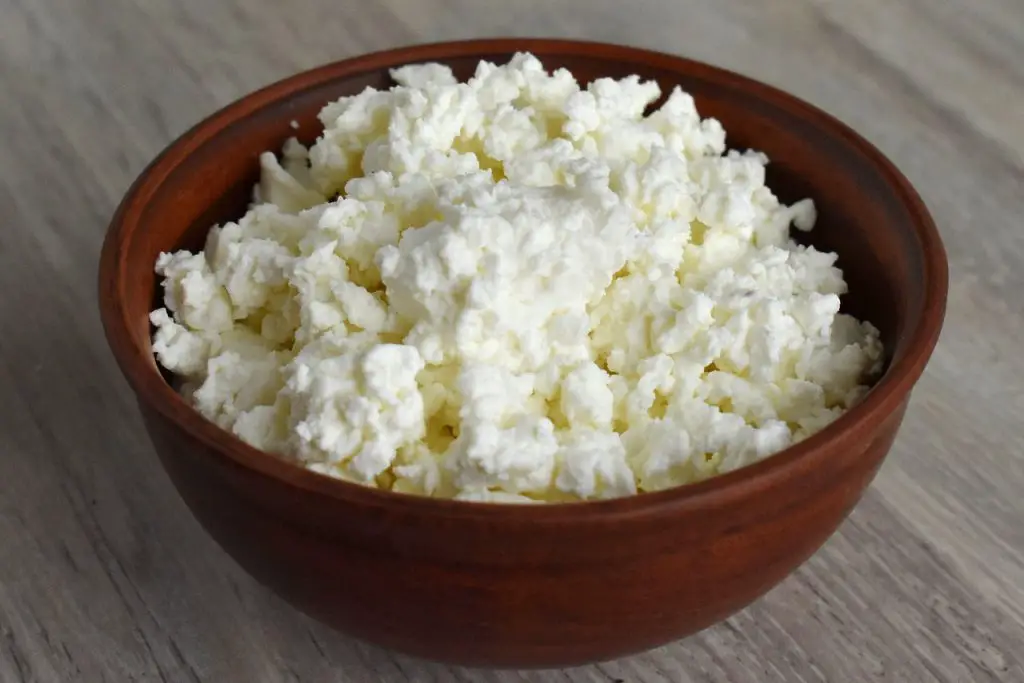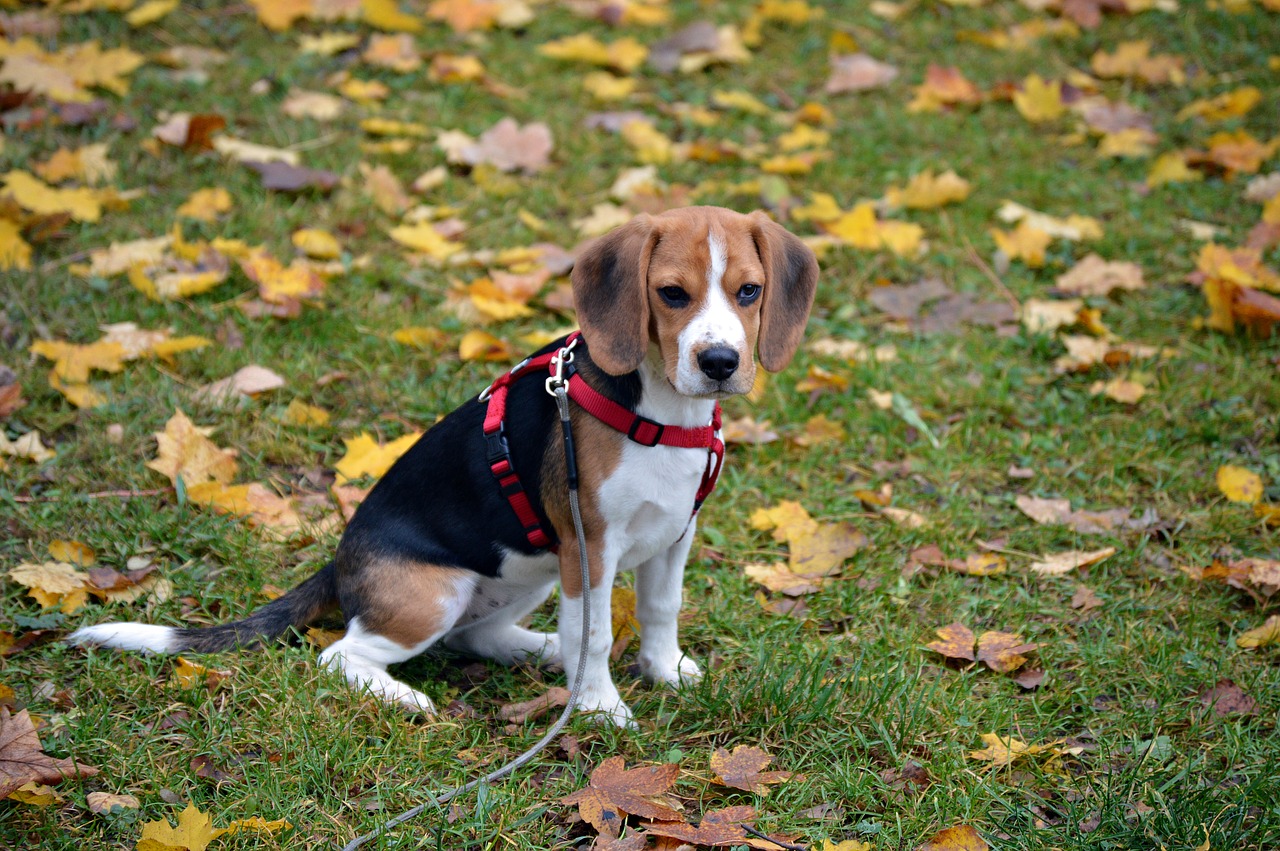Dog food must be balanced and fulfilling to dog’s needs and health. They should include the essential vitamins and minerals needed by your dog.
It is thus important to keep and maintain dog’s health.
Table of Contents
Tips on how to add vitamins into your dog’s diet
- Rely on whole food such as meat, vegetables, and oils with some additions to make it a balanced diet. Stay away from processed food as they are low in vitamins and can cause health problems. Beware if you have to add vitamins to your diet; it is more effective to switch into a healthy diet than to add vitamins and minerals.
- Research the food that you bring to your dog first before you buy it. You could also research the best options for food with vitamins. Do not give your dog foods that you are not sure about.
- Do not prepare your own dog recipes on your own at home. You have to consult with your vet about the foods that will give your dog all the vitamins that they need.
What are Vitamins?
Vitamins are organic compounds that are essential for a dog’s growth and nutrition. They are found naturally in a dog’s food. The important vitamins that dogs need are vitamin A, B vitamins, vitamin C, vitamin D, vitamin E, vitamin K, and choline.
Vitamin A for dogs

Vitamin A is an important vitamin that is responsible for good vision, growth, fetal development, immune function, and cell function. It is also important for weight loss.
If a dog does not take enough vitamin A, their skin and coat will not look healthy. They can also suffer from night blindness which is a condition in which a dog is unable to see throughout the dark and at night due to vitamin A deficiency.
Some of the foods that are good for your dog and contain vitamin A are carrots, spinach, sweet potatoes, pumpkin, flaxseed, flax oil, coconut oil, fish, oil, and eggs.
Signs of Vitamin A deficiency
- Weakened immune system and a higher chance of getting sick
- Nighttime blindness
- Dryness of skin
Vitamin B for dogs
Important sources of vitamins B for your dog are biotin, folate, niacin, pantothenic acid, riboflavin, thiamine, vitamin B-6, and vitamin B-12. These are also a source that mainly aids in cell growth
and development. Vitamin B is found in whole grains such as rice, green vegetables, beans, nuts, and dairy products.
- Thiamine helps regulate carbohydrate metabolism.
- B-12, Riboflavin, and niacin aid in enzyme function.
- Vitamin B6 is responsible for forming of glucose, red blood cell, nervous and immune system, hormone regulation.
- Folic acid helps in treating low blood levels of folate, anemia, and the inability of the bowel to absorb nutrients properly.
Signs of Vitamin B deficiency
- Eye problems, flaky skin, fainting, and heart failure
- Dog’s tongue may become black or brown in color
- Inflamed lips and gums, loss of appetite, and bloody diarrhea
- It can also cause kidney damage, allergies, cancer
Vitamin C for dogs
Vitamin C is an antioxidant that collects and destroys harmful free radicals that are harmful to the body and can reduce inflammation and cognitive aging. It is found in many fruits and vegetables, such as potatoes, green beans, and zucchini.
Also, it helps in building strong bone tissue, promoting healing, and fighting illness. It also helps in maintaining the immune system.
Signs of Vitamin C deficiency
There are many signs of Vitamin C deficiency such as:
- Bad breath
- Bleeding
- Weakness in bones and muscles
- Wound healing that is delayed
- Joint pain
- Anemia
- Loss of teeth
Vitamin D

Vitamin D is found in fish oil, egg yolks, beef, and cottage cheese. It is important to maintain the right amount of vitamin D in the body.
Vitamin D has been associated with balancing minerals such as calcium and phosphorous to maintain healthy bone growth. Vitamin D is important in that without it, your dog won’t be able to develop bones and muscles.
Problems associated with Vitamin D
Too much or little Vitamin D can cause severe problems.
If Vitamin D is taken excessively, it can create heart disease problems, kidney failure, and anorexia. Other symptoms include excess drooling, vomiting, loss of appetite, and urination
If there is a deficient in it, it can cause heart disease, bone diseases, and cancer risk.
Vitamin E for dogs
Vitamin E helps protect the immune system by removing free radicals that harm healthy cells and cause many disorders. It also helps strengthen the cardiovascular
system by improving circulation throughout the arteries and heart. Vitamin E has the ability to prevent many heart diseases.
Vitamin E is found in plant oils, leafy green vegetables, seeds, whole grains, and liver.
Signs of Vitamin E defeciency
- Muscle weakness
- Decreased fertility
- bowel syndrome
Vitamin K for dogs

Vitamin K improves liver and blood health. It also prevents a condition called osteoporosis in dogs. Vitamin K also prevents heart problems and maintain bone health. There is also evidence that Vitamin K reduces certain types of cancer.
Foods that are rick in Vitamin K are broccoli, soybeans, liver, egg yolk, parsley, cabbage, and Asparagus.
Signs of Vitamin K deficiency
- Excessive bleeding
- Blood loss anemia
- Short of breath
- Irregular heart beat
- Weakness
Choline for dogs
Choline is a vitamin that helps maintain water balance in the dog’s body. In addition, it can treat and prevent dementia in dogs. Choline helps control cell growth and gene expression.
In areas of cognition, Choline improves memory. It also treats cholesterol and protects the liver from having toxic in it. Sometimes, it is used to treat dogs with epilepsy.
Food that have Choline meat, eggs, and legumes.
Signs of Choline deficiency
- Loss of body weight
- Vomiting
- An increase in fat liver
Conclusion
In conclusion, giving your dog important vitamins is crucial to make them stay healthy. There are important tips when giving your dog vitamins. They are that you
should plan a healthy diet that full of vitamins such as vitamin A, vitamin B, vitamin C, vitamin E, vitamin K, vitamin D, and choline. The vitamins have many advantages toward dogs and any deficiency in it will lead to problems associated with your dogs.

